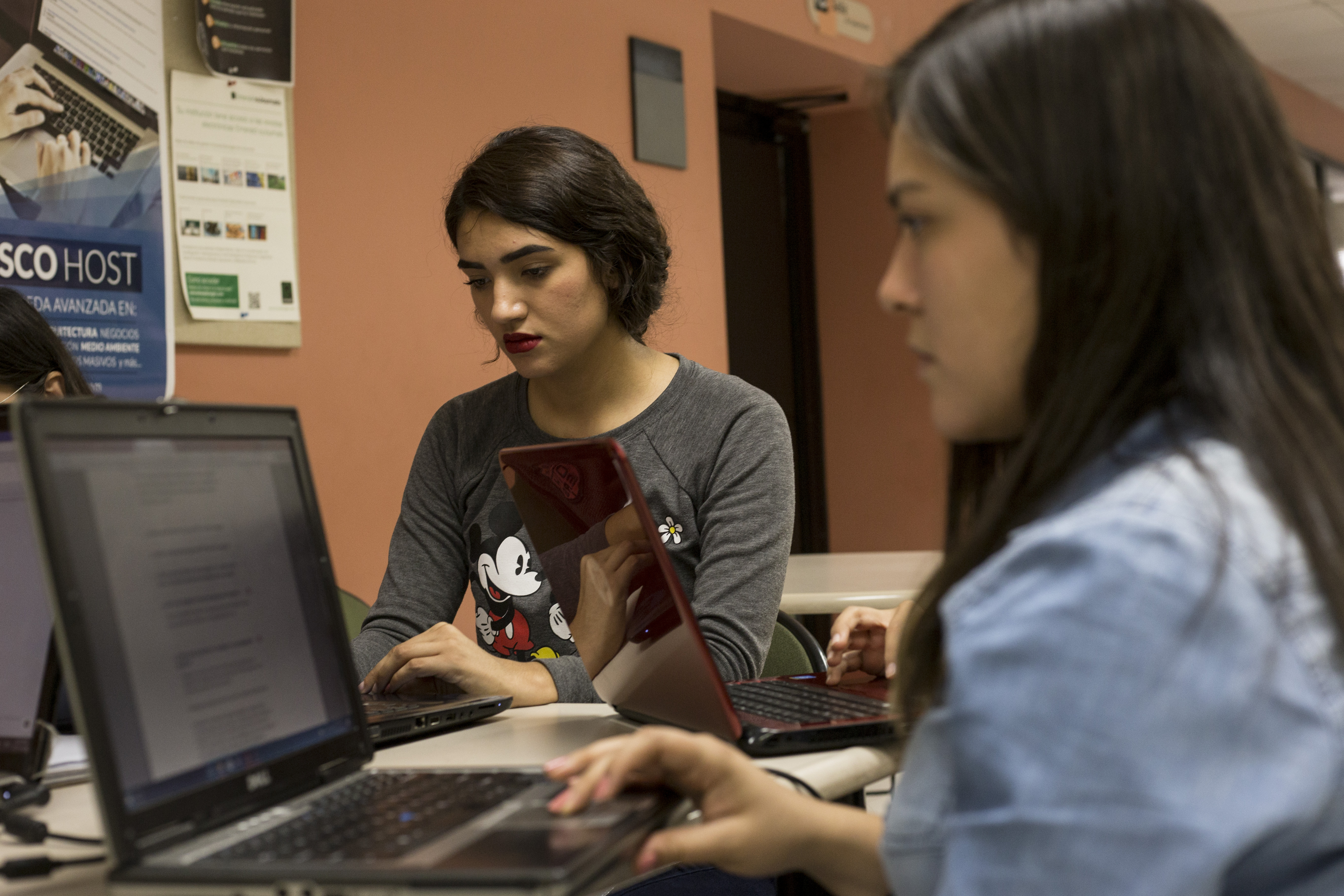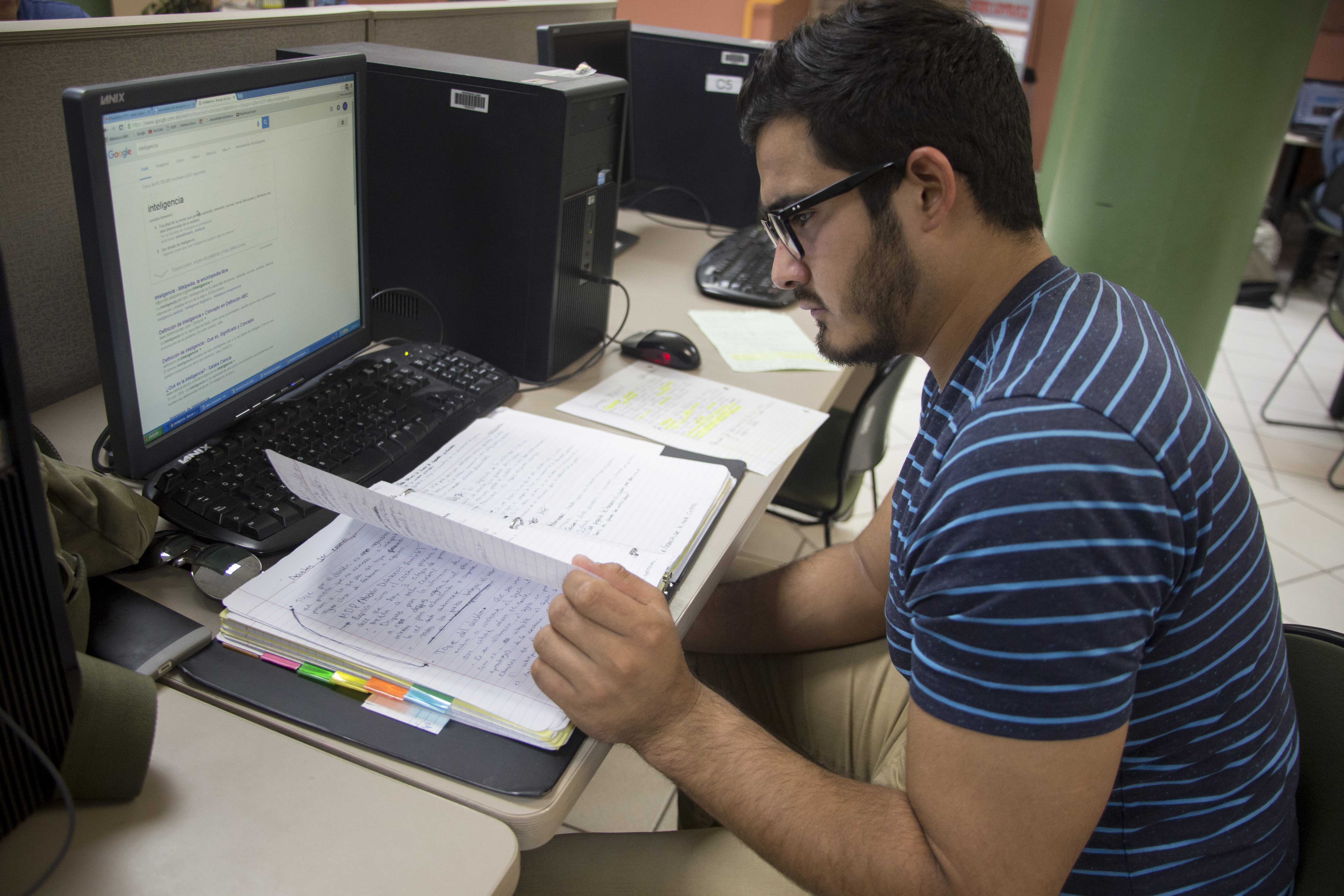English Version
| Since its foundation in 1978 as the School of Educational Sciences, the institution has seen an increase in the diversity of its programs, including Psychology, Communication Sciences, Sociology and History, as well as graduate programs which granted it the title of Faculty of Human Sciences in 1996. The five educational programs of the Faculty are accredited by external institutions. Correspondingly, the Faculty has implemented the graduate programs of Society and Power (Doctorate), Education (Masters), Psychology (Masters), Social Projects (Masters), receiving a national certification for the doctorate program and the Education and Psychology Masters, which are registered by the National Council of Science and Technology (CONACYT). The Faculty of Human Sciences is acknowledged for its promotion of regional social and human sciences knowledge production, throughout an exceptionally proficient academic staff, a numerous and critical student population, as well as a collaborative community aimed towards social service and the design and application of social and human development projects. |
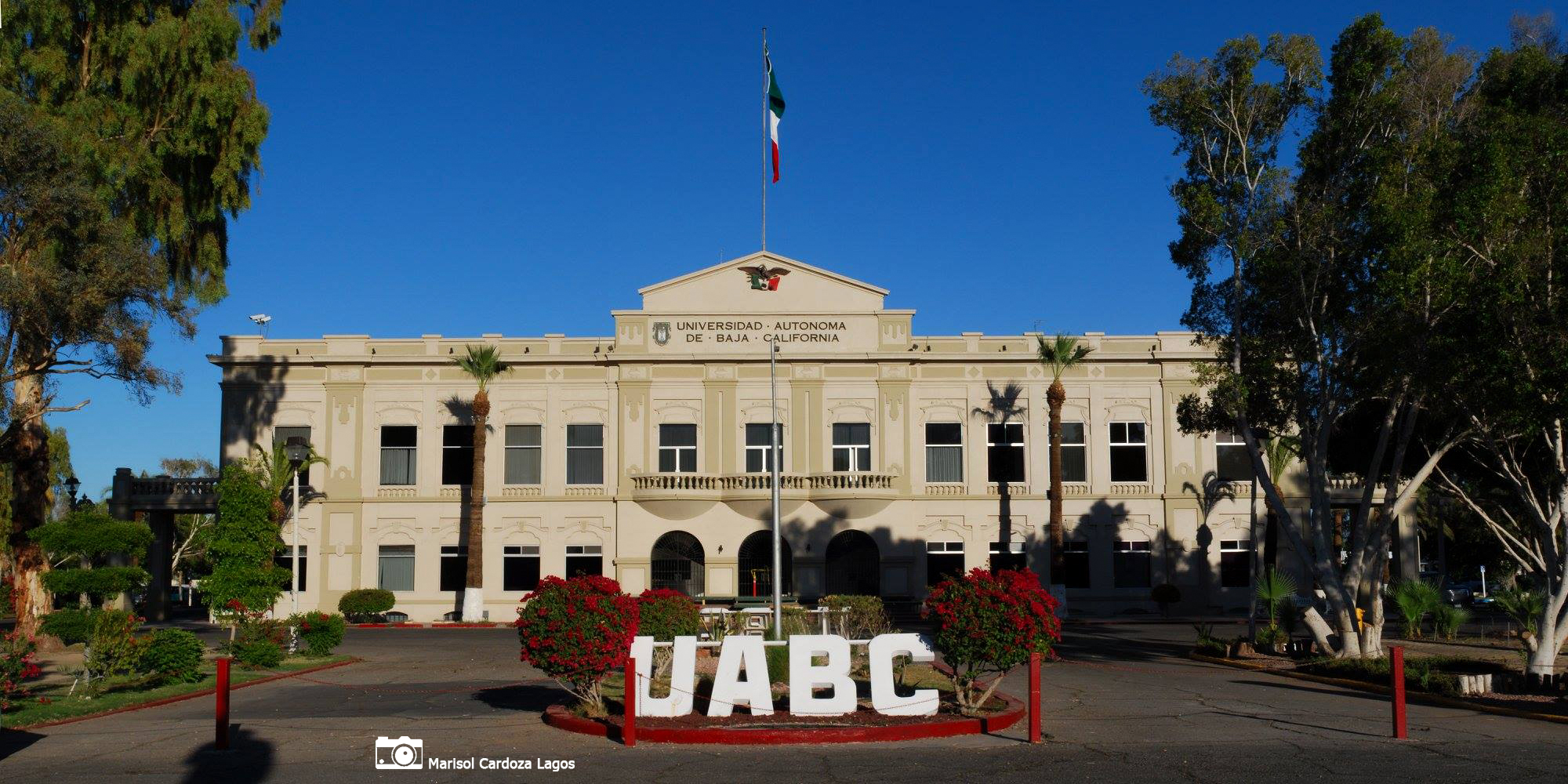 |
Educational Sciences Bachelors DegreeThe objective of this program is to provide individuals with highly skilled
|
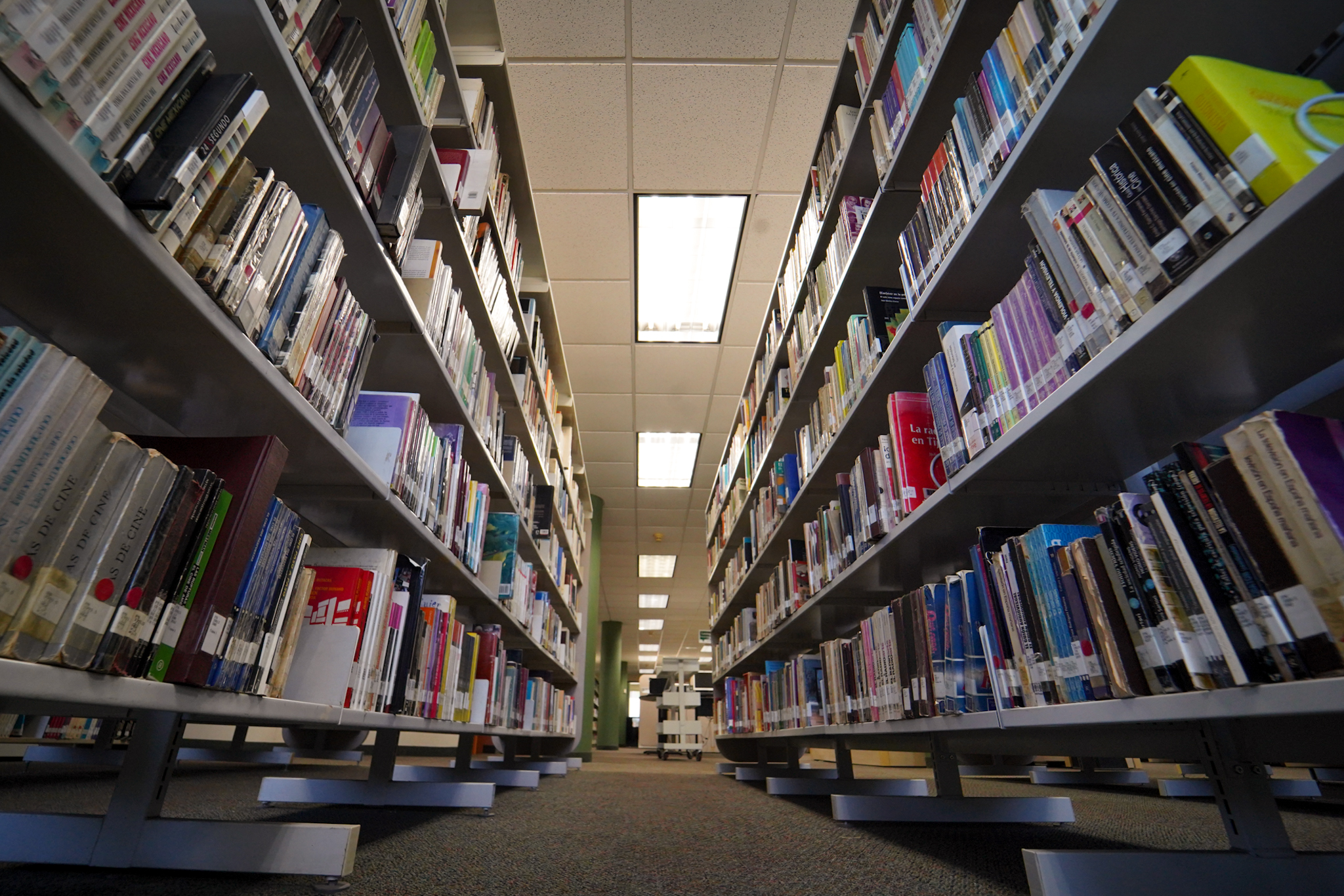 |
Candidate Profile |
||
| Basic Knowledge: ● Social Sciences ● Education ● Humanities ● General research techniques |
Skills: ● Information management skills ● Reading, writing, and comprehension skills |
Institutional Values: ● Interest in educational possibility development for individuals and communities ● Proactiveness aimed towards collaboration and the alleviation of issues within this field ● Respect towards diversity of ideas and sociocultural conditions ● Commitment to professional training and social development |
Alumni ProfileThe following are the expected skills to develop during the program: |
|
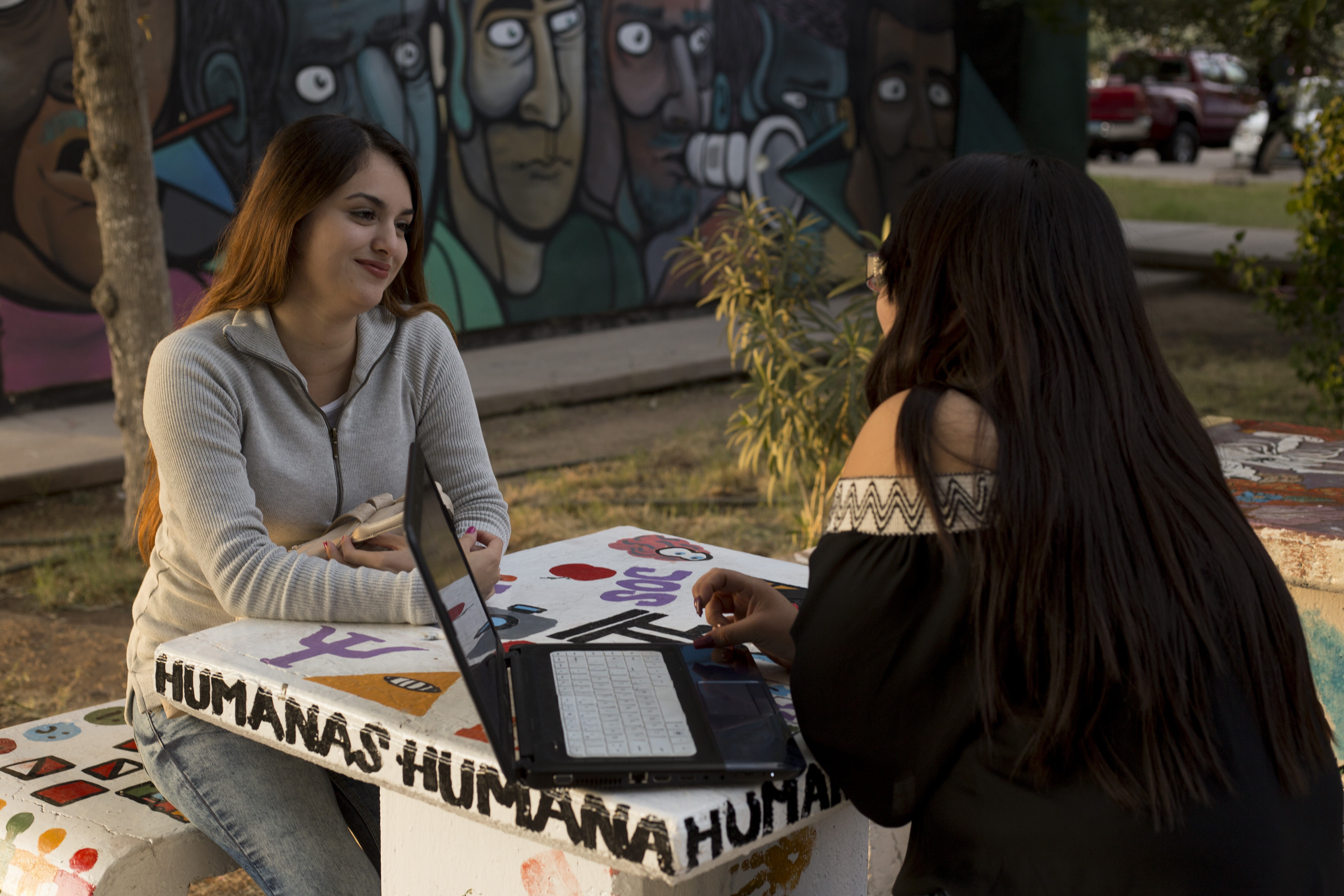 |
Professional FieldThe Educational Sciences alumni are employed in public and private |
Psychology Bachelors DegreeThe objective of this program is to provide individuals with highly skilled
|
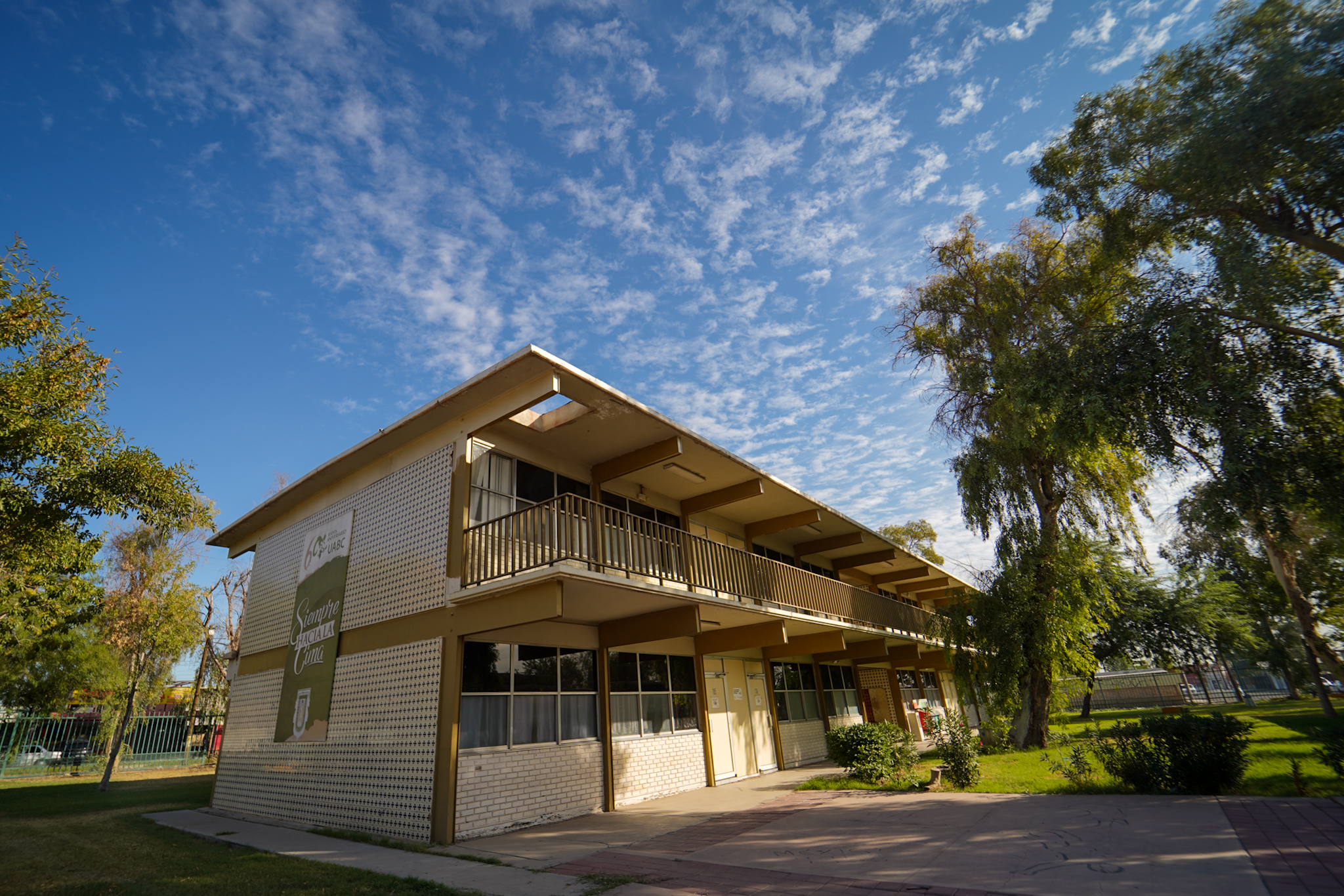 |
Candidate Profile |
||
| Basic Knowledge: ● Social Sciences ● Mathematics ● Biology |
Skills: ● Reading and Writing Comprehension ● Analysis and judgement ● Verbal communication ● Collaborative work ● Respect towards diversity |
Institutional Values: ● Developing a rigorous and systematic understanding of human beings and their development ● Interest in personal development ● Responsibility, organization, and tolerance |
Alumni ProfileThe following are the expected skills to develop during the program: |
|
|
|
Professional FieldThe Psychology alumni are employed in public and private institutions, which The Psychology alumni may also collaborate with elementary, secondary and higher |
Communication Sciences Bachelors DegreeThe objective of this program is to provide individuals with highly skilled professional training aimed towards promoting social interactions and
|
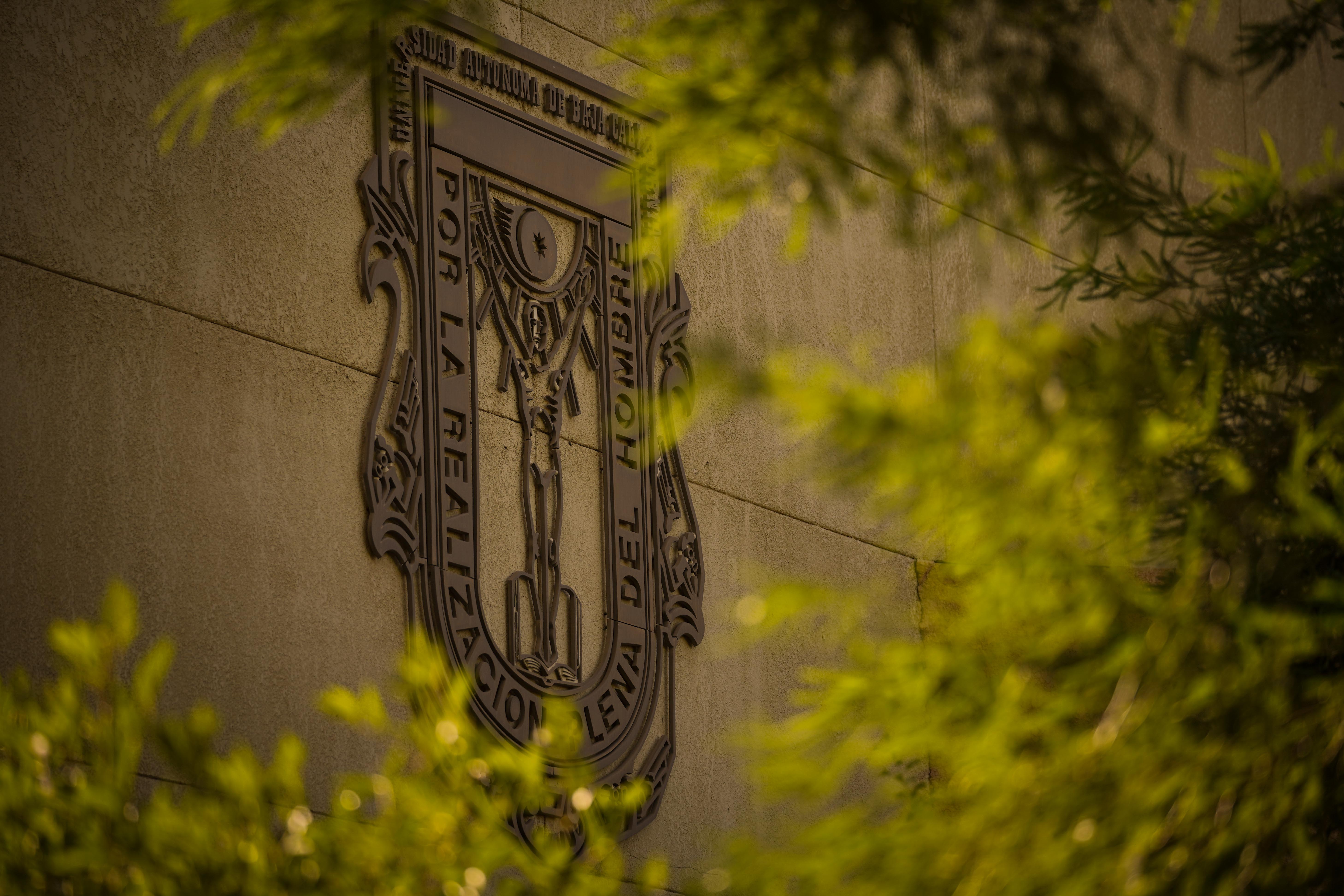 |
Candidate Profile |
||
| Basic Knowledge: ● Social Sciences ● Humanities ● General Spanish orthography and syntax |
Skills: ● Analysis ● Reading comprehension ● Willingness to acquire knowledge within the Social Sciences area ● Oral and written communication |
Institutional Values: ● Interest in the professional practice of communication ● Willingness to establish interpersonal relationships ● Interest in major international, national, regional and local issues ● Responsibility, social commitment and respect for the diversity of ideas and lifestyles |
Alumni ProfileThe following are the expected skills to develop during the program: ● Acknowledge, production, implementation and activation of different communication processes aimed towards equitable and broad social development. |
|
|
|
Professional FieldCommunication Sciences alumni proficiently develop professional |
Sociology Bachelors DegreeThe objective of this program is to provide individuals with highly skilled professional training aimed towards promoting social interactions and
|
 |
Candidate Profile |
||
| Basic Knowledge: ● Social Sciences ● Humanities ● Logical thinking skills |
Skills: ● Reading comprehension ● Writing skills ● Ability to identify and organize Issues based on the analysis and synthesis of information ● Be flexible in the face of changing social and geographical environments |
Institutional Values: ● Interest in relationships and interactions among individuals ● Interest in processes and structures that characterize social institutions ● Interest in general culture ● Intellectual curiosity ● Social commitment |
Alumni ProfileThe following are the expected skills to develop during the program: ● Identify the basic objects of study: social facts, interactions, social actions, institutions and micro/macro social systems |
|
|
|
Professional FieldSociology alumni proficiently develop professional activities in science, |
History Bachelors DegreeThe objective of this program is to provide individuals with highly skilled
|
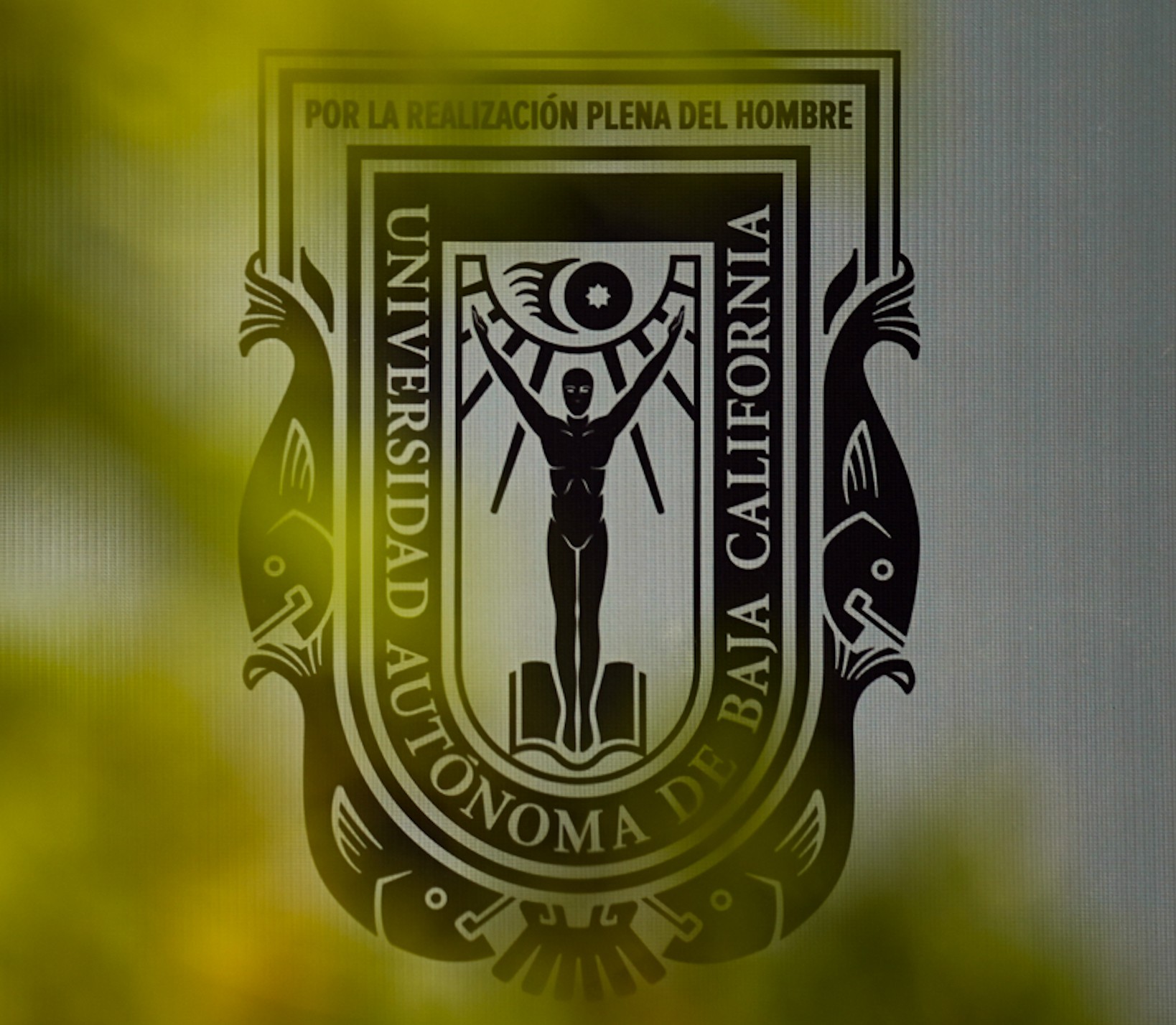 |
Candidate Profile |
||
| Basic Knowledge: ● Social Sciences ● Humanities ● Mexican History ● World History ● Regional sociocultural context |
Skills: ● Oral and written communication ● Basic software management ● Reading comprehension ● Logical thinking and information research |
Institutional Values: ● Interest in research and dissemination of knowledge ● Interest in the analysis of texts and primary documents ● Interest in the search for written and oral sources ● Interest in the critical analysis of historical processes ● Social commitment ● Respect towards other cultures and ways of thinking |
Alumni ProfileThe following are the expected skills to develop during the program: ● Critically analyze historical processes according to theoretical-methodological references within this field, aimed towards the development and dissemination of knowledge. |
|
|
|
Professional FieldHistorians proficiently perform professional activities in public sectors, such as |
Education Masters DegreeThis is a professionally-oriented program offered in the following Academic |
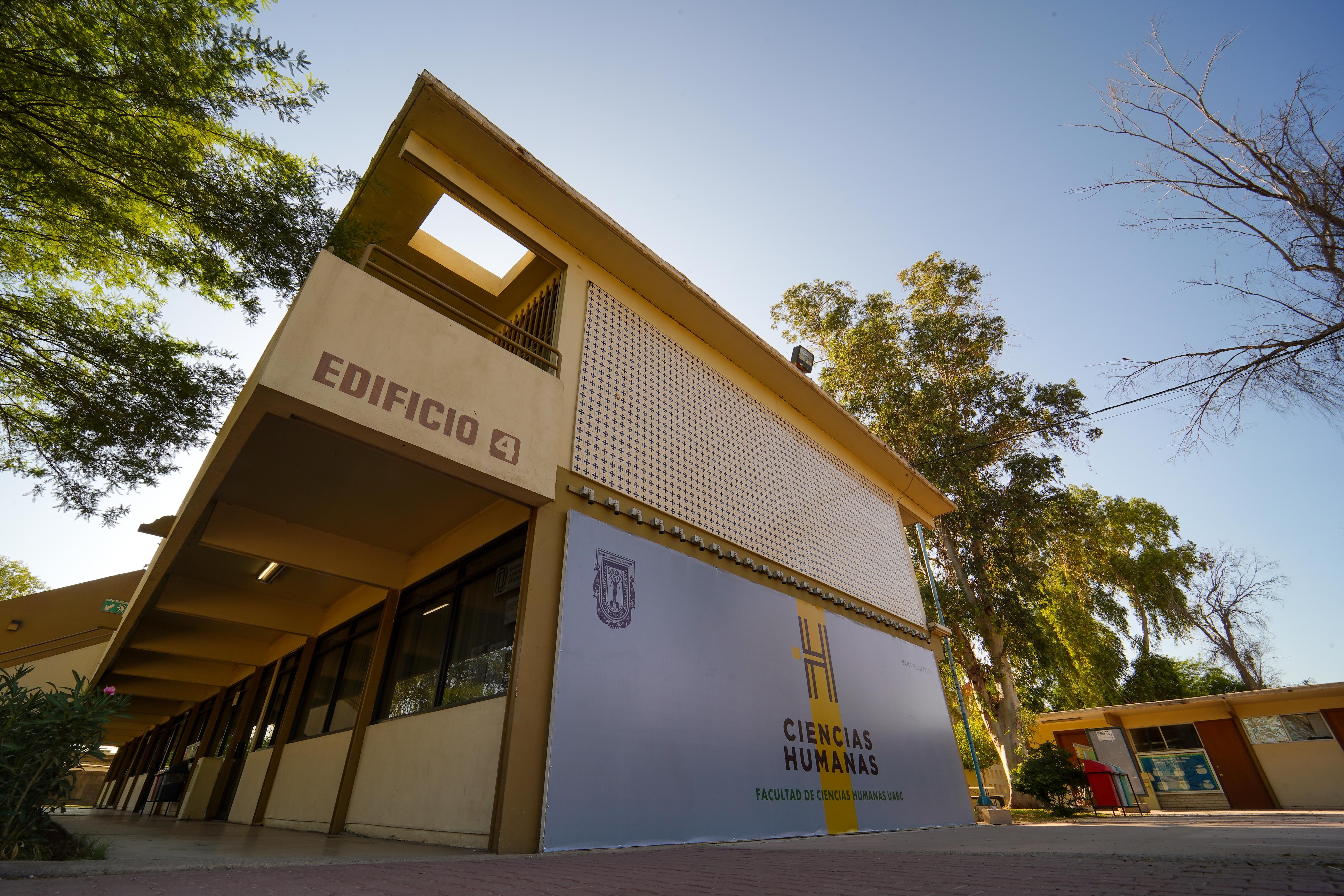 |
General ObjectivesProvide individuals with highly skilled proactive, innovative, socially responsible, and ethical professional training, in the areas of educational management and processes, aimed towards achieving professionalization within this field, to influence the strengthening and positive transformation of the educational environment. |
 |
Specific Objectives ● Provide spaces to reflect on the most relevant educational issues, aimed towards theoretical proficiency, analysis, and proactiveness, correspondingly developing innovative teaching, curricular intervention and instrumentation, educational evaluation and school management skills, founded on collaboration as well as information and communication technologies. ● Provide methodological intervention training aimed towards alleviating issues within this field, including educational management, as well as continuous improvement supporting processes which impact the quality of educational services and institutional development. ● Promote education-oriented institutional liaison scenarios, aimed towards improving the student training process, as well as professional practice. |
Candidate Profile |
||
| Basic Knowledge: ● Acknowledge modern educational theories ● Current context of secondary and higher education ● Information and Communication Technologies management ● Intermediate English language knowledge |
Skills: ● Reasoning, analysis, and synthesis ● Reading comprehension/oral and written communication ● Development of independent study ● Research resources management ● Willingness for collaborative work |
Institutional Values: ● Proactivity ● Commitment ● Responsibility ● Tolerance ● Honesty ● Respect |
Alumni ProfileEducation alumni proficiently develop professional activities in educational research, as well as alleviate practical issues within this field. The following are the expected skills to develop during the program: Knowledge: |
Psychology Masters DegreeThe main purpose of this program is to provide social agents with highly |
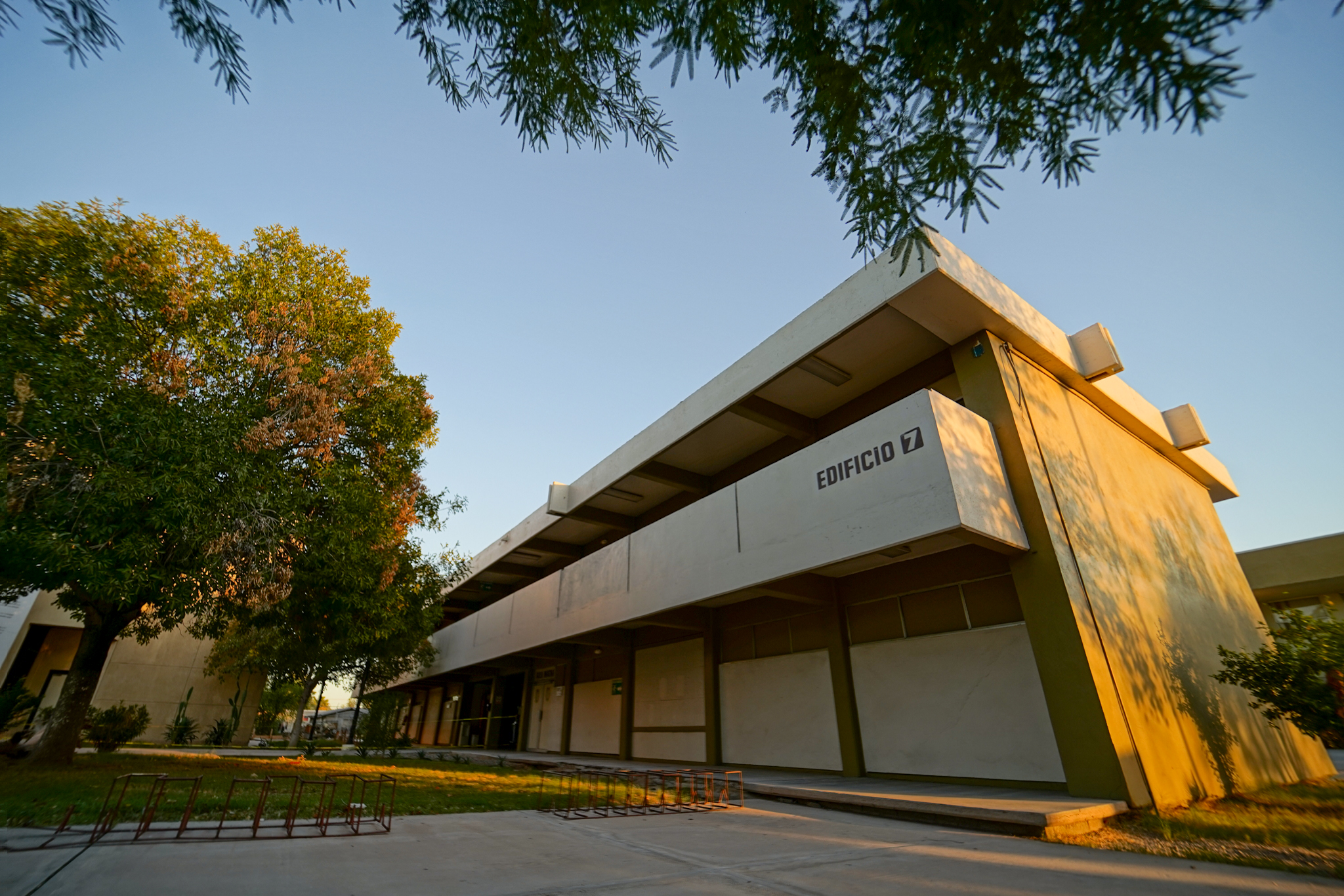 |
Knowledge Production and Application AreasThis graduate program is founded on the Knowledge Production and Application Areas of Psychological and Social Welfare, in matters of improvement on the development of prevention actions and strategies to increase quality of life, based on general assessment diagnoses on emotional intelligence, positive psychology, neuropsychology, and culture techniques; and Psychosocial and Community Intervention, aimed towards the dynamics involving individuals, groups, connections, and contexts in which they interact with broader systems. |
 |
Candidate ProfileEnrollment requirements include interest in the promotion of new behaviors and Interests: Knowledge and skill promotion aimed towards improving quality of
|
Skills |
||
| Basic Skills: ● Reasoning and verbal comprehension ● Logical, numerical and abstract reasoning ● Reflective and critical capacity ● Ability to use information and communication technologies ● Reading and comprehension of texts in English ● Present evidence of reading comprehension skills endorsed by the Faculty of Languages |
Specific Skills: ● Comprehend social Issues from a psychological perspective ● Diagnosis, individual, and group evaluation skills ● Application of psychosocial planning, intervention and evaluation methods ● Social conflict resolution skills |
Institutional Values: Sensitivity and commitment to national and international social issues. Interest in alleviating vulnerable group well-being issues, in compliance with institutional values. |
Alumni ProfilePsychology alumni are proficient in social and community interventions, optimization of psychological resources to increase welfare and quality of life, diagnosis of social Issues, theoretical and methodological foundations for the alleviation of social issues, funding identification and management. Correspondingly, psychologists are provided with highly skilled professional training on the evaluation of micro and macro-social issues, psychological processes associated with social phenomena, as well as design programs and projects of intervention in individuals and groups, in compliance with institutional values. Knowledge: ● Identification of the relevance of a psychological approach in social and community interventions. |
Society and Power DoctorateThe relationship of culture, space and power, which builds, sustains, and |
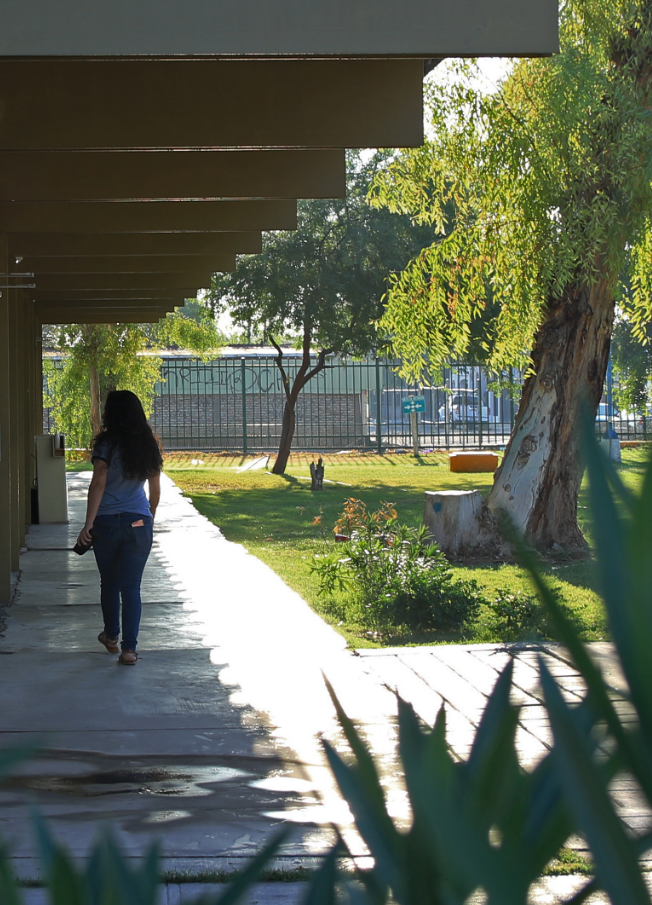 |
ObjectiveProvide individuals with highly skilled multidisciplinary professional research training, aimed towards analyzing, interpreting and explaining social processes and phenomena from spatial and symbolic dimensions, observing the logic of power either diachronically or synchronously, with the support of theoretical-methodological contributions and analytical categories within the fields of geography, economics, sociology, communication, anthropology and history, contributing with original research aimed towards knowledge dissemination and the improvement of social welfare as a means to provide sustainability. Knowledge Production and Application AreasPower, time, and meaning.This area analyzes and interprets social processes from the symbolic dimension, including the various resources which social agents implement in structured contexts; processes which can be observed at various scales and settings over time, such as: groups, organizations, communities, cities, territories or regions, in order to understand specific spatial configurations, and the active impact of medium and context in social life. Space, society and sustainabilityThis area analyzes social processes based on the production and social construction of space, with emphasis on its interacting agents, capital, public policies, access to and management of available resources (natural, material, and human), as well as strategies which positively impact social welfare and quality of life in cross-border contexts. |
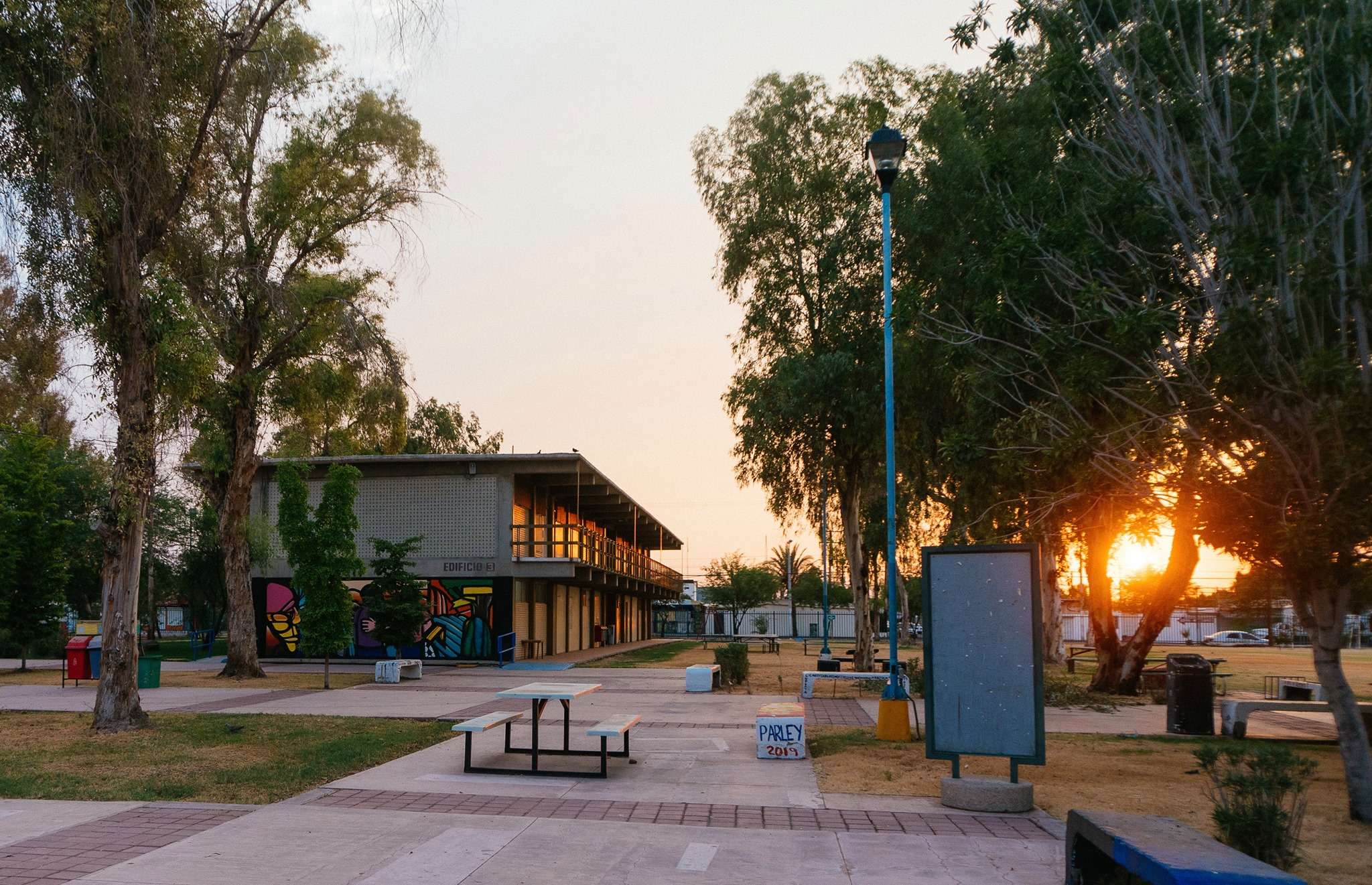 |
Candidate ProfileIn addition to meeting UABC regulations, candidates must prove sufficient
|
Skills |
||
| Knowledge: ● Main contemporary theoretical perspectives within social sciences. ● Theories that explain, from the power perspective, the symbolic and spatial dimensions of social life. ● Social construction of scientific knowledge, its paradigms and importance to human and social welfare. ● Most recent contributions regarding the selected research and ways of approaching the study object. |
Skills: ● Research, access, collect, systematize and critically analyze information relevant to the study problem. ● Communicate oral and written scientific research information. |
Institutional Values:
|
Alumni ProfileSociety and Power alumni are proficient in original and independent power, space, and meaning Social Sciences research development, aimed towards the dissemination of scientific knowledge to improve social welfare as well as sustainability. The following are the expected skills to develop during the program: ● Identify relevant border research issues. |
